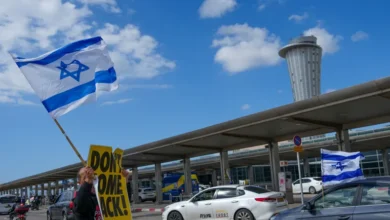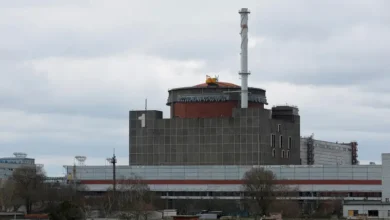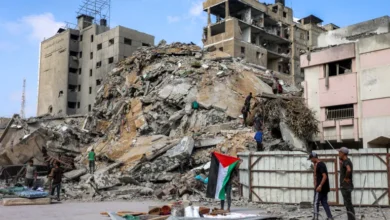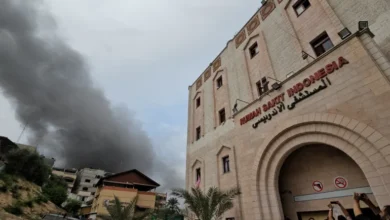How is Lebanon’s cash-strapped government responding to war?
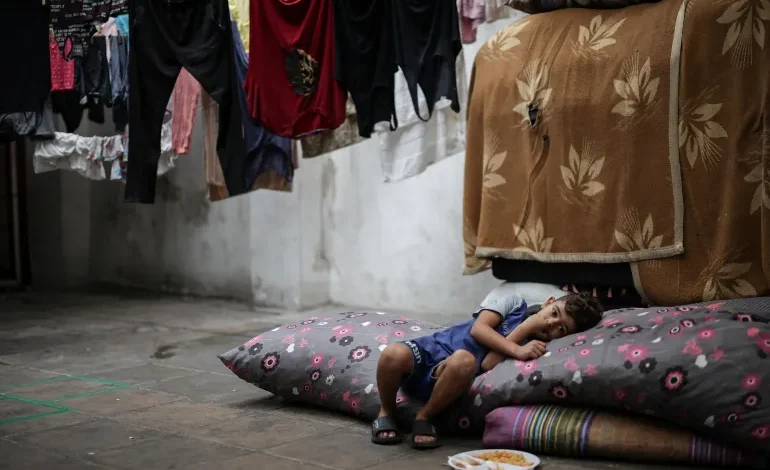
Israel’s war on Lebanon has thrown a country already suffering from compounding crises – economic, banking, political – into an even deeper void.
A day after the start of the war in Gaza on October 7, 2023, Israel and Lebanon’s Hezbollah group began exchanging strikes across the border, which have displaced tens of thousands of people on both sides.
On September 23, Israel escalated its attacks on Lebanon and a few days later launched a ground invasion, pushing the number of displaced people in Lebanon above 1.2 million and killing more than 2,300.
Government services for the displaced and injured have been insufficient as the caretaker government scrambles to fill the need.
Here’s a look at the situation in Lebanon today as its government struggles:
What’s wrong with Lebanon and its government?
In October 2019, the economy crashed and banks shut down, locking depositors out of their savings and ushering in an economic crisis.
The next year, the COVID-19 pandemic further battered the economy, and one of the strongest nonnuclear explosions ever recorded devastated Beirut’s port and surrounding neighbourhoods.
The Lebanese lira lost more than 98 percent of its value amid triple-digit inflation rates.
Adding to the crisis, Lebanon’s caretaker government is largely paralysed by political bickering and rampant corruption.
Lebanon also hosts more refugees per capita than any other country, furthering the economic strain.
What’s happening to the Lebanese people?
The financial crisis wiped out most of the middle class and pushed nearly half the Lebanese population into poverty, according to the World Bank.
The issues stem from the ruling classes’ obstinacy and failure to reform despite international pressure, according to analysts.
The Lebanese people rose up in 2019 against the government and the elites who control the country and its resources. The nationwide protests were derailed by COVID-19 and the port explosion.
Despite rampant corruption and the refusal of the political class to enact meaningful reforms that would lead to accountability and more transparency, foreign states continue to give Lebanon’s leaders aid.
How is Israel’s war making things worse in Lebanon?
Israel’s bombardment and ground invasion have protracted the displacement of residents in the south, east and Beirut’s southern suburbs.
The bombardment of southern Lebanon – Lebanon’s agricultural heartland – also has destroyed a source of revenue for many displaced residents.
“Now it’s the harvest season for olives,” said Laila Al Amine, who heads the Beirut office of the international relief organisation Mercy Corps. “Those who lost their harvest last year will lose another one this year too.”
How are the displaced people managing?
About 1.2 million people have been displaced, according to the Lebanese government.
People are sleeping in schools that have been turned into shelters while others have taken refuge on the streets or by the sea.
Rent prices have increased substantially in safer areas while parts of the south, the Bekaa Valley in the east and Beirut’s southern suburbs have been decimated.
On Monday, Israel also carried out an attack in northern Lebanon, striking a displaced family in Aitou near Zgharta and killing at least 23 people.






